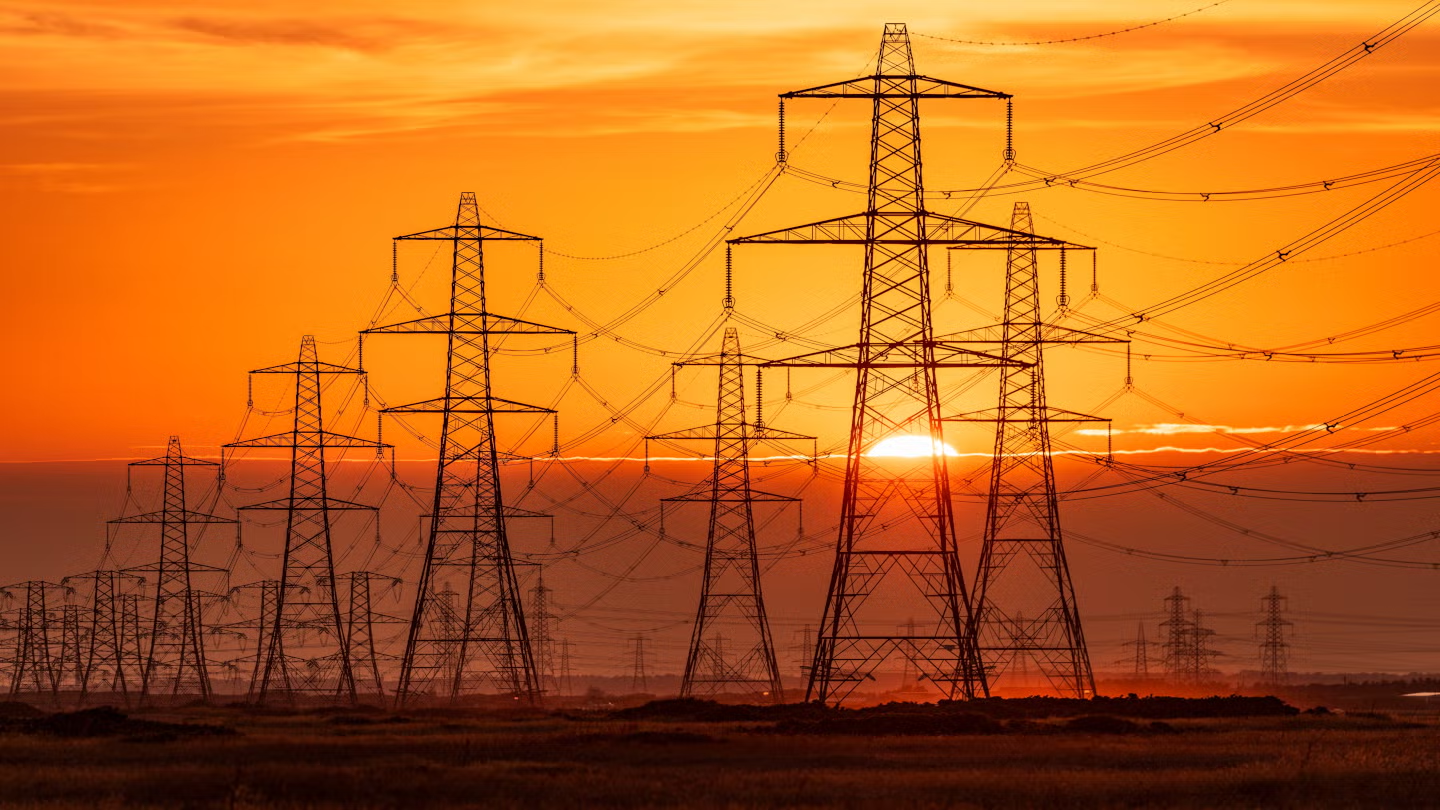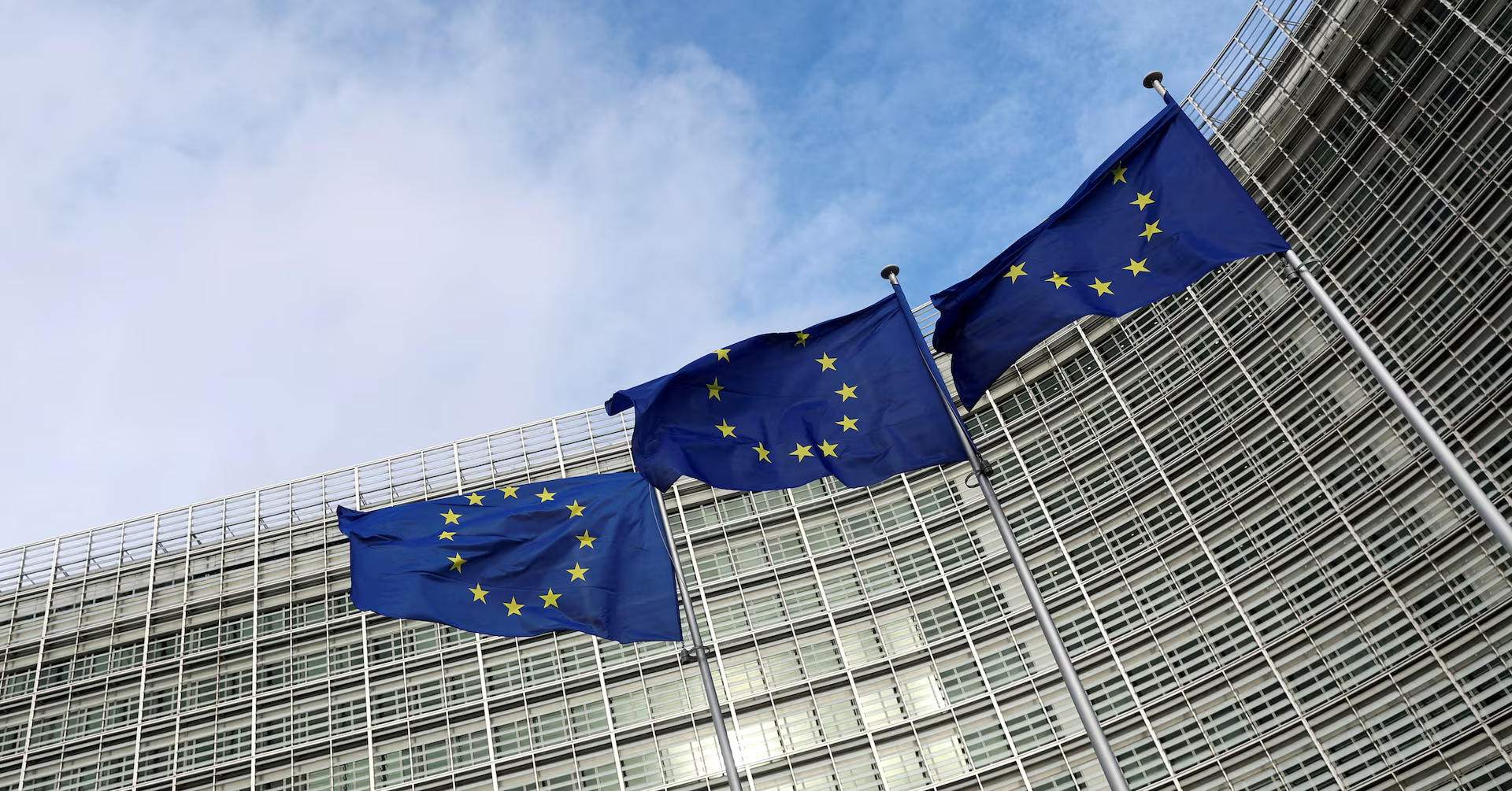The European Union (EU) is set to reshape its energy landscape by harnessing the renewable energy potential of the Mediterranean region. The upcoming Pact for the Mediterranean is expected to be finalized by late 2025, alongside the Trans-Mediterranean Energy and Clean Technology Cooperation Initiative, which is scheduled for early next year.
These initiatives aim to reduce Europe’s dependence on fossil fuels, particularly those from Russia, by tapping into the abundant renewable resources available in the Mediterranean. According to a joint publication by Third Generation Environmentalism (E3G) and ECCO, the strategies will facilitate a cleaner energy transition, bolster industrial competitiveness, and promote energy security while addressing climate resilience in the region.
Between 2021 and 2023, Europe faced a gas crisis that highlighted the volatility of energy prices and the urgent need for diversification. Strengthening energy connections with Mediterranean countries is anticipated to result in a more stable energy supply and new export opportunities. Key to this effort will be the establishment of electricity interconnectors that enhance regional energy security and create new jobs in the clean energy sector.
The Mediterranean Alliance of Think Tanks on Climate Change has put forth several recommendations for the EU’s strategic approach. These include adopting a just energy transition as a foundational principle, aiming for a collective renewable energy target that includes the TeraMed goal of achieving 1 terawatt (TW) of renewable capacity by 2030, and fostering interconnected energy systems to boost security.
The deployment of renewable energy technologies is expected to stimulate economic growth, particularly in Southern Mediterranean nations. The EU is advised to use its financial resources effectively to support this energy transition.
The alliance suggests that the EU should cultivate a Pan-Mediterranean vision that not only strengthens bilateral partnerships but also encourages multilateral cooperation to maximize regional benefits. This involves working closely with stakeholders from partner countries, enhancing South-South cooperation, and considering trilateral engagements with regional players.
Furthermore, climate considerations should be integral to the EU’s strategy, emphasizing their significance for long-term security and stability. The EU can draw lessons from its own Green Deal and the emerging Clean Industrial Deal, ensuring that sustainability remains at the forefront of its energy policies.
Overall, the EU’s commitment to leveraging the Mediterranean’s renewable energy resources represents a strategic shift aimed at creating a more resilient energy future for Europe.




